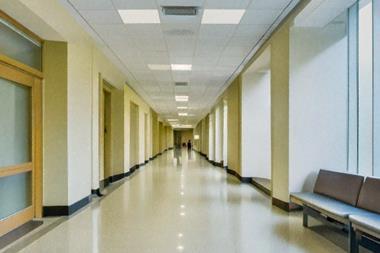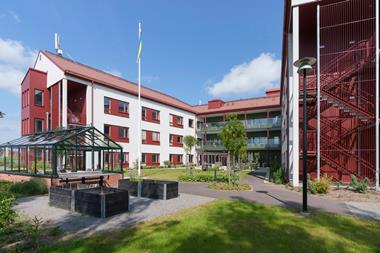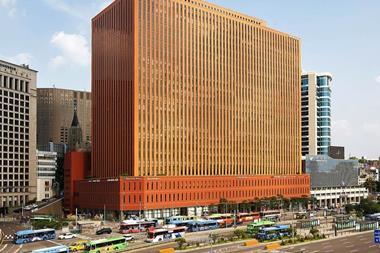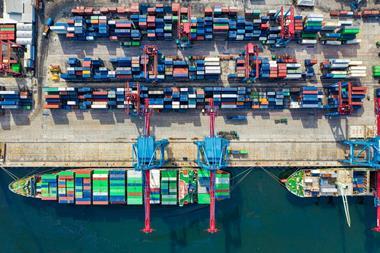The volume of European commercial real estate deals approached pre-pandemic levels in the third quarter, boosted by industrial and apartment sales, according to Real Capital Analytics (RCA).
The latest Europe Capital Trends report from the data firm found that €64.4bn worth of deals took place between July and September, a 21% increase on the same period last year, when dealmaking was disrupted by COVID-19 restrictions and uncertainty.
Total commercial property sales are at €202.6bn so far this year, up 8% compared on the first nine months of 2020 and 5% lower than the average for the same period in the years 2015 to 2019.
The numbers were bolstered by €41.6bn investment in industrial real estate over the nine months, a total 85% higher than the pre-pandemic average. The UK attracted the most capital, with €14.7bn invested in its industrial sector.
The apartment market also flourished in the third quarter, with sales increasing to €14.3bn, a 39% year-on-year increase. Berlin is the top apartment market in Europe for the year so far, with London in second and Copenhagen in third.
Sales of offices, meanwhile, rose 9% from a year ago but were down 26% on the pre-pandemic average.
The UK was Europe’s top market in terms of transaction volumes – for both Q3 and year-to-date – and London regained its position as the top city market.
London also became the top global destination for cross-border capital, driven primarily by spending from North American investors.
RCA said the standout markets of the year so far were Sweden, Norway and Denmark, where deal volumes surpassed pre-COVID-19 averages, particularly in the apartment sector.
Tom Leahy, senior director of EMEA analytics at RCA, said: “The fourth quarter of the year is typically the busiest of the year and there are some very big deals in contract that, if completed, should further buoy activity.
“However, there are headwinds that investors still have to deal with: the rise of inflationary pressures; the future of the office sector, where demand is strong for the best quality assets but much weaker elsewhere; and the possibility that governments will reintroduce restrictions to combat any winter spread of the virus.”


















